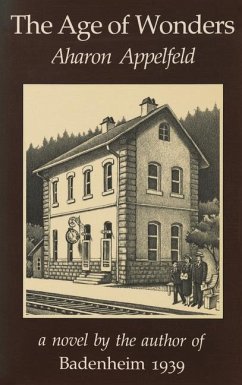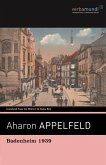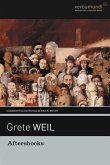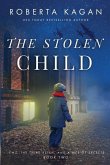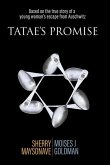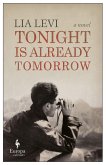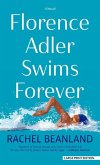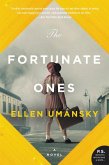An Israeli returns to Austria, thirty years after the Holocaust, to understand his own father's fate. "A marvelous and disturbing book . . . an experience both painful and joyous."-Times Literary Supplement The secure world of a well-established and apparently perfectly assimilated Jewish writer living in an Austrian town before World War II, disintegrates under the force of political and social realities that daily sanctify the old and endemic Austrian anti-Semitism. We learn what we learn through Bruno, the thirteen-year-old son of the family, whose spare and uninflected account discloses the slow onset of disaster. His father, a successful Austrian intellectual, refuses the implications of what's happening and embraces the humiliating routines of Jewish self-hatred. To the vicious attacks on his writing and character, he adds his own voice until, with nothing left-not faith, not family, not dignity-he disappears. Thirty years later, the war long over, Bruno, at a low point in a joyless marriage, responds to ambiguously positive inquiries about his father's work, and travels from his home in Jerusalem to the Austrian town of his childhood. What he encounters in that town, "now clean of Jews," means something more than confronting his own profound losses. Irving Howe wrote of Age of Wonders, "A beautifully composed and profoundly moving work of fiction. No one surpasses Aharon Appelfeld in portraying the crisis of European civilization both before and after the second World War."

